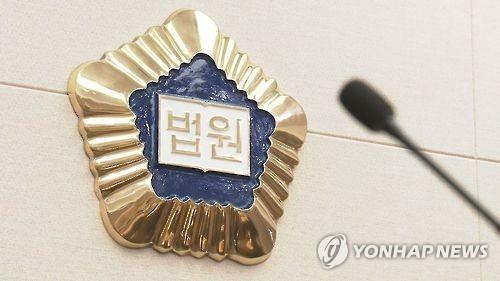Court denies lawyers’ request for disclosure of Park – Abe phone talks

SEOUL, Feb 22, 2019, Yonhap. A Seoul appellate court on Friday dismissed a request by a progressive lawyers’ group to have the government disclose a 2015 telephone conversation between then-President Park Geun-hye and Japanese Prime Minister Shinzo Abe over colonial issues, reported the Yonhap.
The Seoul High Court refused to review the case, upholding the government’s argument that the requested information is no longer held by the current Moon Jae-in government.
The Lawyers for a Democratic Society, or Minbyun, filed litigation in March 2016 seeking to obtain the transcript of the 15-minute phone talks held on Dec. 28, 2015, particularly regarding Japan’s wartime sexual enslavement of Korean women and reparation matters.
The lawyers group is seeking to find out what Park said to Abe when he told her that Tokyo sticks to its stance that all compensation issues regarding the colonial period were settled under a 1965 treaty.
The government has argued that the presidential record has likely been sealed and moved to the national archive. It cannot confirm its transfer because the list of the presidential documents has been sealed as well, it said.
The treaty, still a subject of contention in Korea, included Japan’s aid worth US$300 million, now valued at about $2.4 billion.
A lower court ruled in favor of the state in January 2017, citing the risk of stoking a diplomatic conflict between the two neighbors if the phone talks were made public and that it could undermine South Korea’s bargaining power in diplomacy. Minbyun has appealed the ruling.
The appeals court on Friday accepted the government’s claim and quashed the lower court’s ruling.
Many in South Korea say Japan has failed to repay the victims sufficiently and has not done enough to atone for its colonial past. Korea was under Japan’s colonial rule from 1910-1945, during which hundreds of thousands of Koreans were conscripted to work, often in brutal conditions, at dozens of Japanese companies.
Bilateral relations between Seoul and Tokyo have frayed in recent months after the South Korean Supreme Court made two landmark rulings late last year in favor of the victims, ordering two Japanese companies to provide compensation for unpaid work.